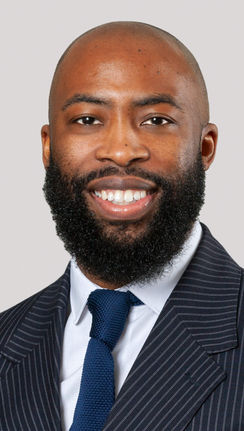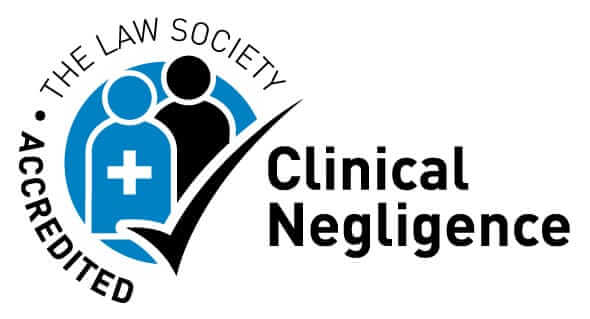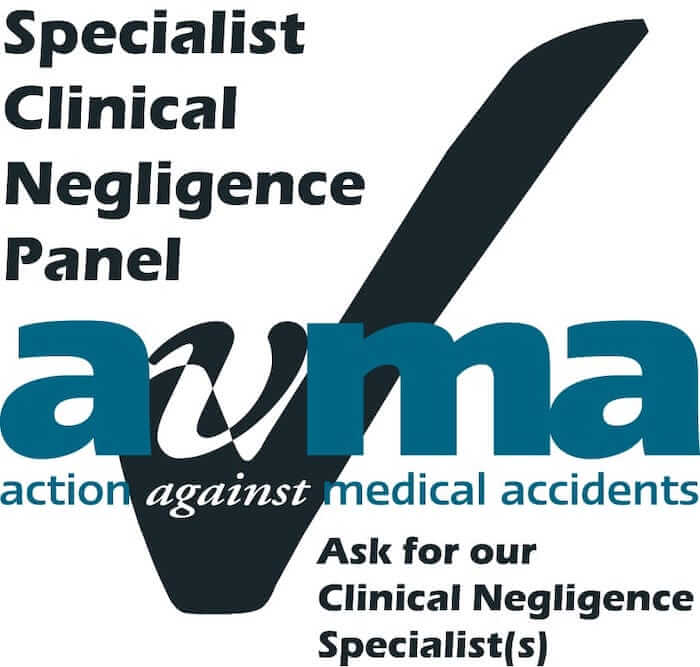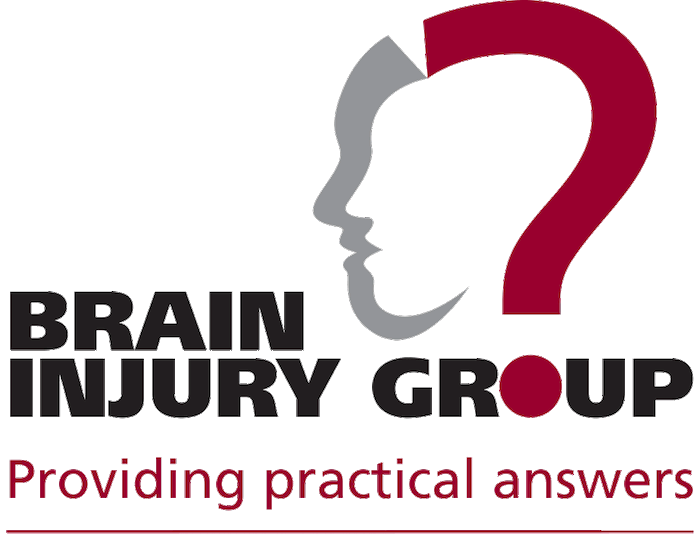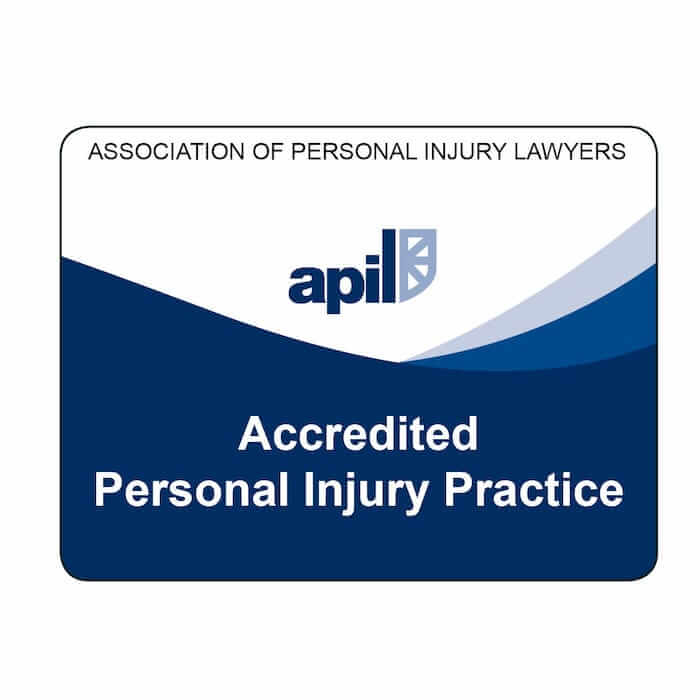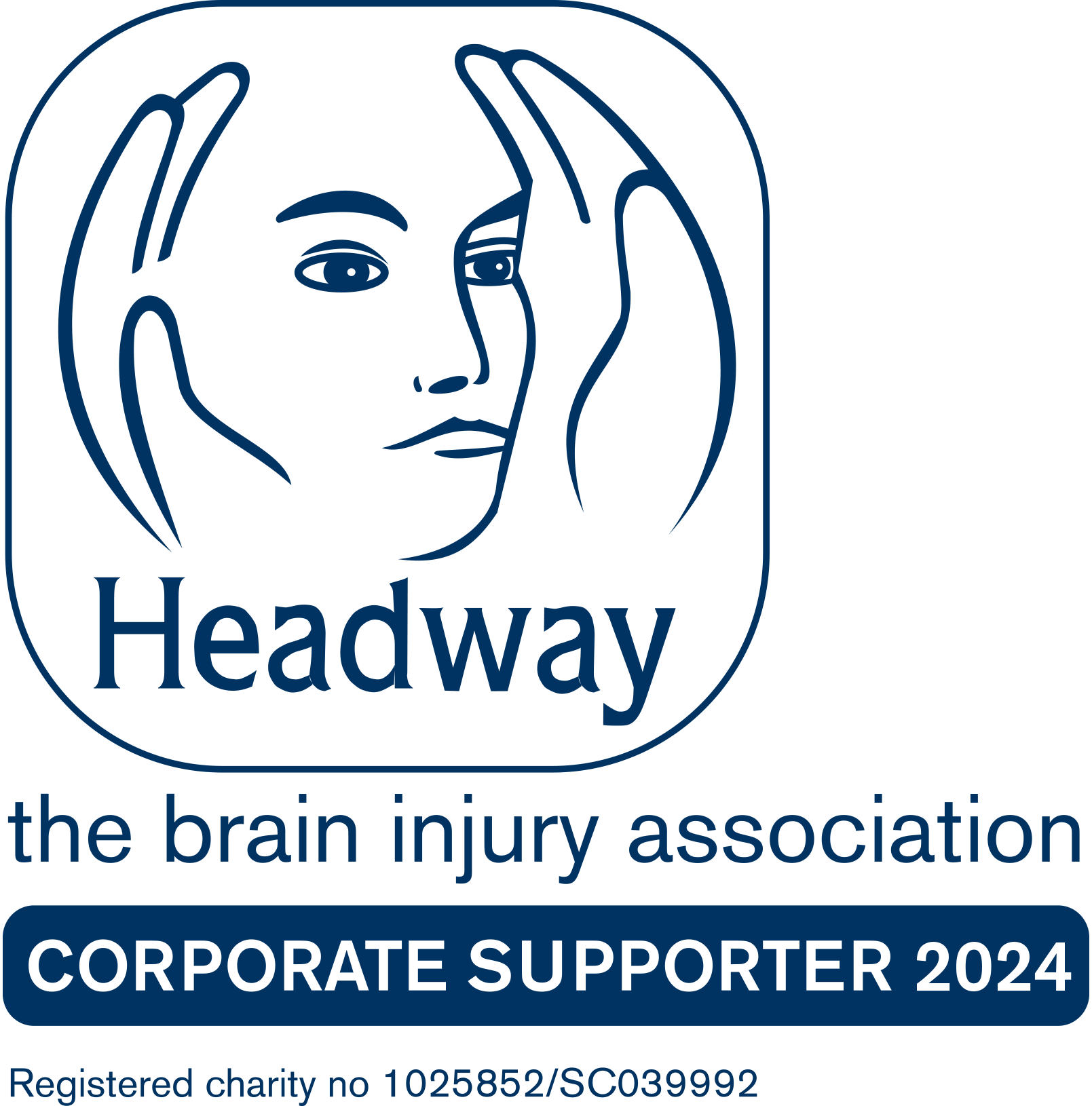A&E Negligence Compensation Claims
If you or someone you love has suffered as a result of negligent treatment by medical staff in an A&E department, you may be entitled to make a claim. We can help you make a claim to cover you for your injuries and financial losses. Suffering injury or illness as a result of being misdiagnosed or not being treated in a timely fashion can be a traumatic experience for you and your loved ones, which is why we want to help you get the compensation you deserve.
The pressure to treat patients quickly and safely in A&E means that doctors are under immense strain. There are mistakes made and occasions where negligence does occur. If this has happened to you, we’re here to help. Our specialist medical negligence solicitors have vast experience in bringing A&E negligence claims and getting our clients the compensation they deserve.
 “Excellent team, with plenty of medical experience behind it, as well as involvement in some of the biggest cases. They are an excellent firm for individuals, and will go the extra distance for them.” – Legal 500, 2025
“Excellent team, with plenty of medical experience behind it, as well as involvement in some of the biggest cases. They are an excellent firm for individuals, and will go the extra distance for them.” – Legal 500, 2025
 The team has been ranked in the Chambers & Partners 2025 legal directory. “Hodge Jones and Allen work incredibly diligently to get the outcomes their cases require and show serious commitment to the social justice outcomes of their work.”
The team has been ranked in the Chambers & Partners 2025 legal directory. “Hodge Jones and Allen work incredibly diligently to get the outcomes their cases require and show serious commitment to the social justice outcomes of their work.”
If you or a family member has been treated negligently in A&E get in touch with our expert solicitors today. Or request a call back.
0330 822 3451Types of A&E negligence claims
The specialist medical negligence solicitors at Hodge Jones & Allen have acted for hundreds of claimants over the past forty years. These include patients who have been injured due to A&E negligence following:
- Failure to take a proper history from the patient
- Failure to consider differential diagnoses
- Hasty diagnosis
- Failure to check, test or scan results
- Failure to advise the patient to return to A&E if not better (“safety net advice” )
- Failure to perform requisite tests
- Delayed diagnosis, misdiagnosis, or failure to diagnose
- Delay in performing tests or scans
- Not requesting tests or scans
- Failure to perform a thorough physical examination
- Discharging patients without checking test or scan results
- Failure to refer or delayed transfer to a more appropriate department for treatment
- Failure to properly monitor a patient
- Failure to correctly interpret x-rays
Accident & Emergency negligence claims with Hodge Jones & Allen
Our highly experienced team of specialist clinical negligence lawyers is here to assist and advise. They will advise you comprehensively about the merits of your claim, funding and ensure that you and your family get the best possible results.
Our team of renowned specialists have dealt with hundreds of A&E negligence claims involving the delayed or missed diagnosis of conditions such as:
- Deep Vein Thrombosis (DVT) – mistaken for a sprained muscle
- Subarachnoid haemorrhage – misdiagnosed as neck ache or migraine
- Meningitis – misdiagnosed as a headache
- Malaria – misdiagnosed as food poisoning
- Misdiagnosis of foot, ankle and wrist (scaphoid) fractures – failure to correctly interpret x-rays
"They have a spirit of wanting to help people and the community. They are a very dedicated and strong team." Chambers UK, 2021
Why choose Hodge Jones & Allen solicitors?
The majority of our cases are funded by way of a conditional fee agreement, more commonly known as a No Win No Fee agreement. This means there is no financial risk to you.
You will not have to pay anything at the outset, and there is no financial risk or obligation to you if your claim is unsuccessful. Your solicitor will provide clear information on what this means and answer any questions you may have.
When you choose Hodge Jones & Allen for your medical negligence claim, you know you are getting a legal partner you can trust. Our experienced subject matter experts have been working with people who have suffered medical negligence for over 40 years, so you have access to the knowledge, understanding and caring support you need at the most difficult of times.
"I contacted this company at a very difficult time, they have been very understanding and supportive. All aspects of my case have been made easy to understand and they have been only to willing to answer questions. They have been easy to contact at all times. I wouldn't hesitate to use them again."
How Can I Fund My Claim?
Although the vast majority of our cases are funded through ‘no win, no fee agreements’, solicitors are obliged to advise of all the available funding options. There are four possible ways of funding your claim.
No win no fee or conditional fee agreement
The vast majority of our cases pursued under a Conditional Fee Agreement (CFA), also known as a ‘no win, no fee agreement’. This means that we would not charge you any legal fees unless you won your case, and would seek to recover our costs from your opponent in the first instance. The agreement permits a maximum deduction from your damages of 25%.
ATE insurance – When we are acting on a no win no fee basis we may also advise our clients to take out a specialist type of insurance called After the Event Insurance Policy (ATE insurance). This is to protect you in the event your claim did not succeed. Your solicitor will explain this in more detail if you instruct us.
Legal Aid funding
Legal aid or Public funding from the Legal Aid Agency is still available for some cases. However, Legal Aid is now limited to cases where a child has suffered a brain injury during pregnancy or birth, or shortly after birth, which has resulted in severe physical or mental disability. Legal Aid is means tested but it is the child’s assets who are assessed, not the parents. Consequently, virtually all new born children will be eligible for legal aid.
Before the event legal expenses insurance – also known as BTE insurance.
Many people have this type of insurance but are unaware of it. Please carefully check any insurance policies that you have, including motor and household insurance, and credit card agreements. You should also check any union membership you have as this may include a form of BTE insurance. It is important to check these things as recent changes to the law mean that ‘no win, no fee’ arrangements may result in some deductions to any compensation you recover. BTE insurance can sometimes quite restrictive in terms of who you can instruct and how they can pursue the case for you.
Private funding
If we are not able to act for you on a no win no fee basis then it may be possible to instruct us to act on a private retainer.
If you would like to discuss any of these funding methods further, you can call us on 020 7874 8300.
What are the time limits to bringing a claim?
The date by which a claim must be brought is called the “limitation date”. Calculating the limitation date in medical negligence cases is often not straightforward.
- The usual rule is that a patient has 3 years to bring legal proceedings (i.e. to issue a claim form at court).
- If the injury was not immediately apparent then the law allows a patient to bring their claim within
3 years of the date when they first had the knowledge (which they reasonably have been expected to acquire) necessary to bring a legal action.
The patient has to have known:
- The key facts
- That the injury was serious enough to investigate and
- The identity of the potential Defendant. The Court will say that the patient must know (i), (ii) and
- Before the three year period starts to commence.
Example – a patient undergoes abdominal surgery. For four years following the surgery, they complain of stomach pain. The patient is reassured and no investigations are undertaken. Eventually, an X-ray is performed which shows a metal object in their abdomen. In this situation the Court will almost certainly rule that the patient would have 3 years to bring a claim starting from the date of knowledge of when they were told of the x- ray – rather than three years from the date of surgery.
Exceptions to the usual 3 year rule – children
The limitation period does not start to run for children until they reach the age of 18 years, so the limitation period for children expires on their 21st birthday.
Exceptions to the usual 3-year rule – patients without capacity
People who lack capacity (the ability to manage their own affairs) are able to issue proceedings at any time. The law states that if a person lacks capacity then the three year period does not commence. In cases of fluctuating capacity, the limitation period may start to run if mental capacity returns.












